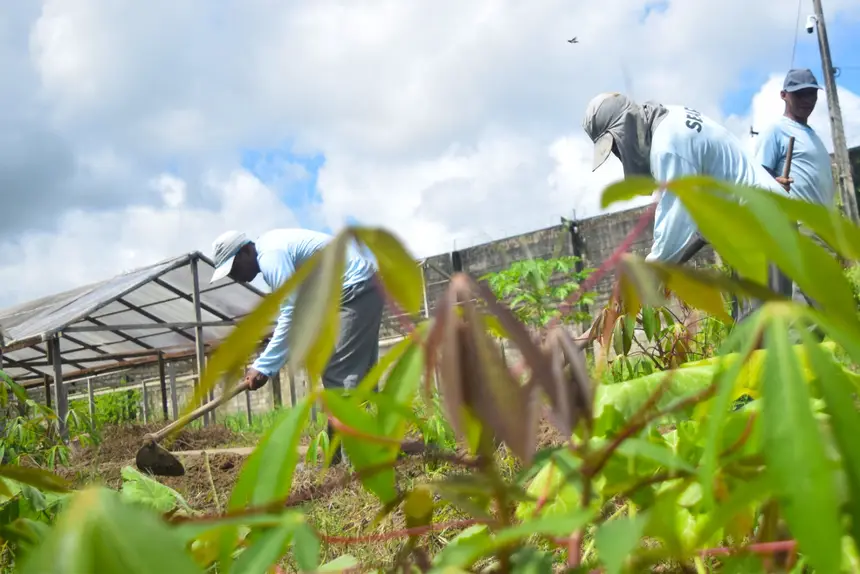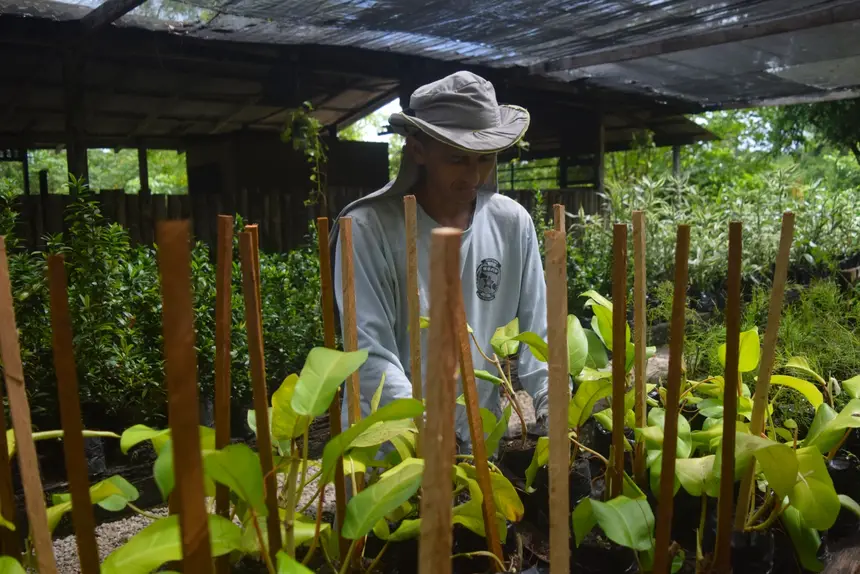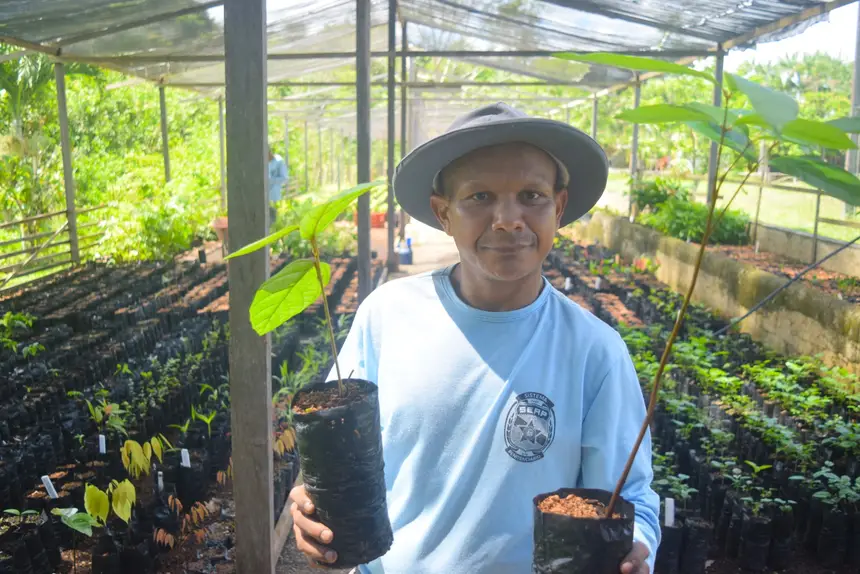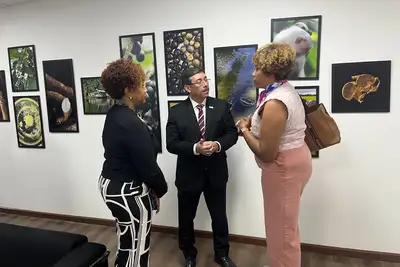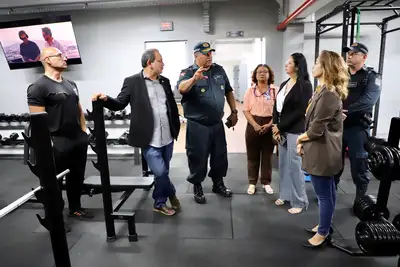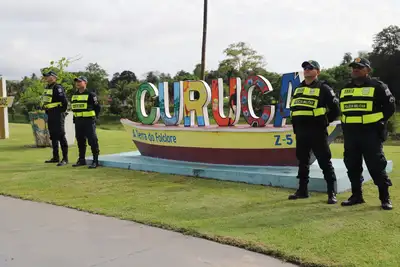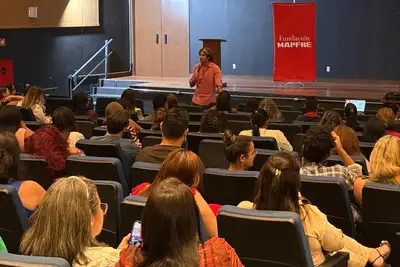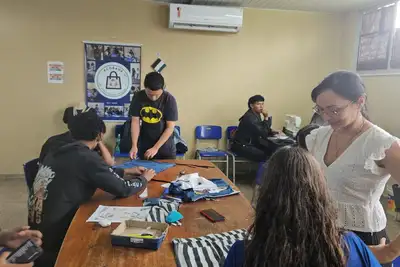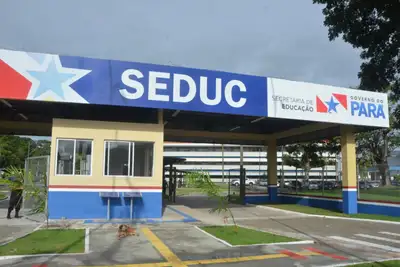Incarcerated Individuals Cultivate 50,000 Plant Seedlings for COP 30
Project in Santa Izabel do Pará bets on agricultural cultivation as a tool for social reintegration, professional qualification, and environmental legacy
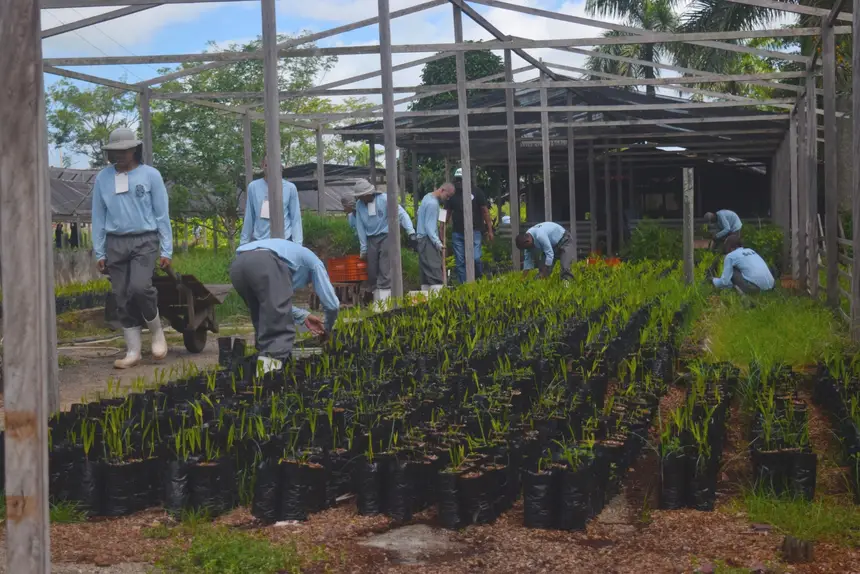
The Semi-Open Regime Reintegration Unit (URRS) in Santa Izabel do Pará uses agricultural practices and activities as the central axis of a resocialization policy aimed at Incarcerated Individuals (PPLs). The initiative promotes professional qualification and social reintegration of inmates from the Pará penal system, with an impressive goal: to produce 50,000 plant seedlings by November 2025, during the 30th United Nations Conference on Climate Change (COP30), which will be held in Belém. The under-construction nursery already has over 60% of the work completed and is expected to become one of the largest in Latin America within the penitentiary system.
Agriculture is considered a fundamental means for human development, as the cultivation of plants and animals led to the creation of tools, cultivation techniques, and irrigation, consequently resulting in the emergence of the first cities. The State Secretariat for Penitentiary Administration (Seap) leverages this transformative principle to improve the reality of many inmates, who find in agricultural activities a new path in life.
The URRS in Santa Izabel do Pará promotes various agricultural production activities aimed at reintegrating its inmates. There are areas designated for the cultivation of vegetables and legumes, ornamental plants, and fruit cultivation, as well as the raising of pigs and waterfowl.
According to the unit's work and production coordinator, Raimundo Gomes, the selection of Incarcerated Individuals participating in the activities undergoes a rigorous screening process. "They are subjected to a biopsychosocial and security assessment, and only after authorization do they enter the activities," he explains.
Moreover, preference is given to those who already have some knowledge or experience in agricultural activities. "We take advantage of these inmates who already have skills because it facilitates their adaptation to work and is also an opportunity for them to review everything they learned in their communities."
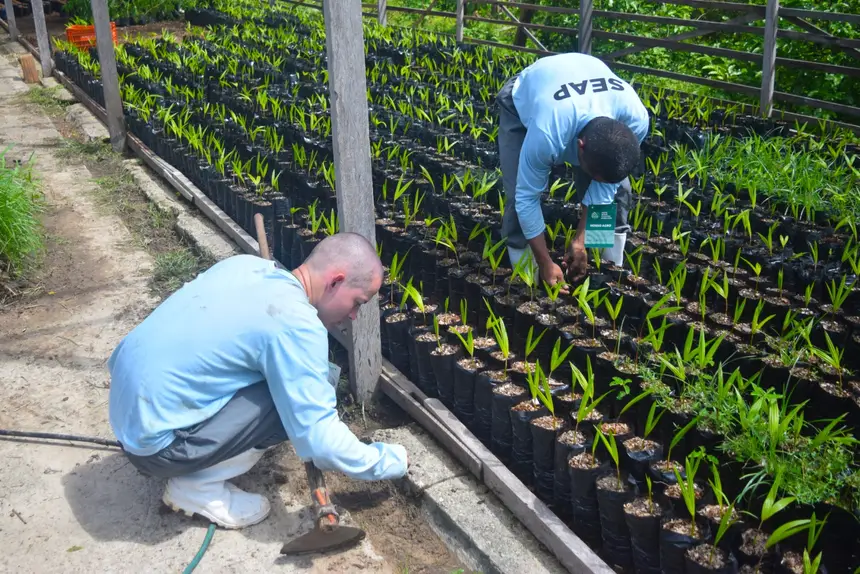
According to Raimundo Gomes, prison work is of fundamental importance, especially because, after serving their sentences, inmates return to their places of origin and can pass on the knowledge acquired in the courses and qualifications offered by Seap, in partnership with partner entities such as the National Rural Learning Service (Senar), the National Industrial Learning Service (Senai), and the Environmental Secretariats of Belém and Castanhal.
Currently, 30 PPLs work in various activities in the production area of the URRS, but the space has the capacity to accommodate up to 50 inmates. Gomes clarifies that the screening to fill the remaining vacancies is already underway. "We are looking for these inmates to train them, qualify them, and, with the proper authorization, fill the open positions."
The unit also stands out for its monthly production of up to 12,000 seedlings of different varieties, such as açaí, ornamental plants, and species aimed at forest replenishment. With authorization from Seop, part of the production is distributed to partner institutions and socio-environmental projects, depending on availability.
Nursery – The goal of 50,000 seedlings for COP30 led Seap to invest in the construction of a new nursery, with over 60% of the work already completed. The projection is that the structure will become one of the largest in Latin America within the prison system. "It is a nursery that, when completed, will have a large production capacity to meet Seap's demands in Pará," emphasizes Raimundo Gomes.
Agronomist Lincon Stephano monitors the productive activities of the emerging production unit, the technical name for the under-construction nursery, on a daily basis. For him, the resocialization work of the inmates is a challenge but rewarding. "Our job is to guide agricultural work, teach techniques, and ensure that the inmates have a solid foundation to develop the activities. Today, we have the challenge of building the nursery, which will be a reference in the prison system," he assesses.
Training – Lincon states that his main function is to provide technical guidance to the inmates during their work routine. Upon entering the activities, they participate in courses and training offered at the URRS, mainly in partnership with Senar, which provides training in fertilizer production, seedling preparation, and composting systems. "From there, we observe the development of their work and direct them to other agreements and opportunities where they can act," highlights the agronomist.
All the training offered at the URRS aims to ensure that the inmate, after receiving the release permit, returns to society better prepared than when they entered the unit. "Through the courses we offer in the prison system, training in composting, planting, seed preparation, and cultivation, we believe they are capable of applying this knowledge in their communities of origin," evaluates Lincon.
And it is precisely the possibility of applying what he learns daily that motivates Roberto Moraes Lisboa Junior, 35 years old. Working in the production area alongside the technicians, he expresses gratitude for the opportunity provided by the unit's management. "I am learning more and more every day with them. When I finish my sentence, I intend to take this knowledge to where I live, to my family. I want to continue producing as we do here every day. I can only thank the management and the staff who are working hard with us," he declares.
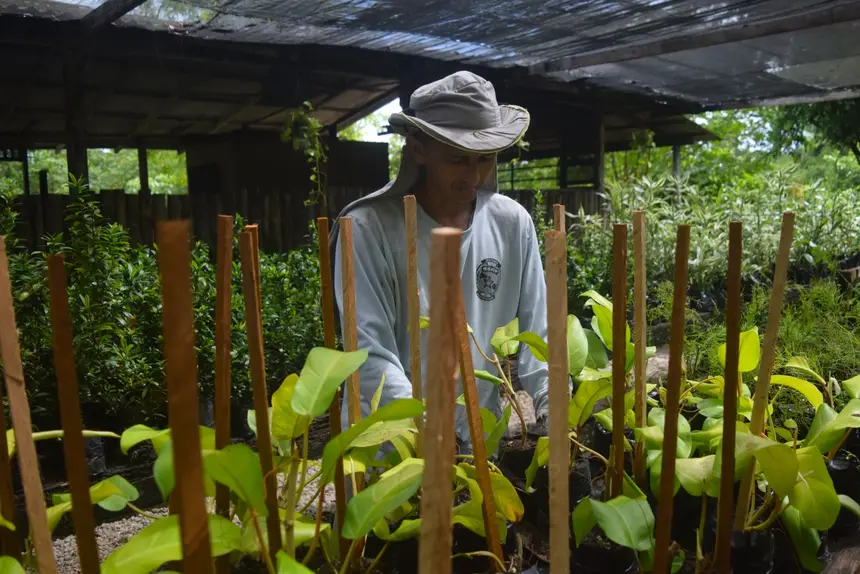
Gleidson Vale Correa is also serving time at the URRS and already had experience in the agricultural field. However, it was at the unit that he learned to produce organic fertilizer, among other techniques. He emphasizes that the work environment provides a constant exchange between instructors and inmates. "The staff teaches us, and I also pass on what I know. Many people would like to be here, working, learning, and exchanging knowledge," he states.
The inmate is already making plans for the future: he intends to apply what he learned on his own land. "You leave here with a job," he summarizes. "I have an area to plant and want to take this learning with me. I learned a lot here: to do, to change, to remove, to weed. We need to leave here resocialized. This opens doors, allowing us to know more than just learn. I have always liked the countryside, I used to plant outside of here, and today, thank God, I learn more and more with them. I want to leave here not as I entered, but as a worker, because this will help me a lot, so that society sees us differently," concludes Gleidson.
Text: Márcio Sousa/NCS-Seap


